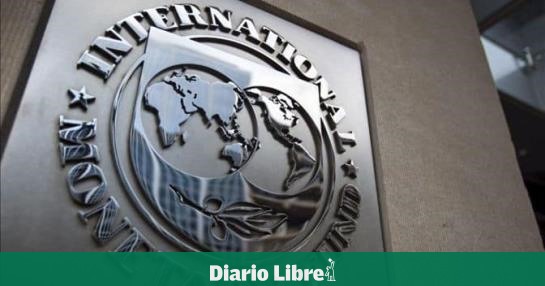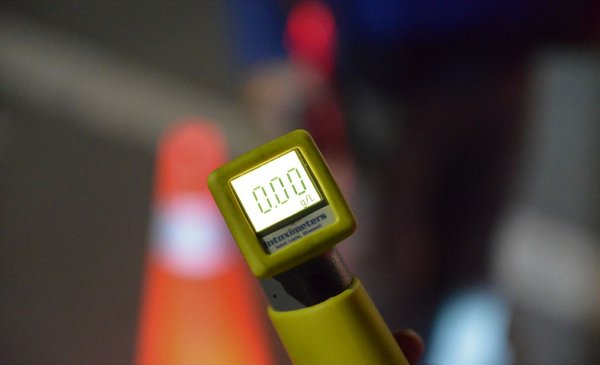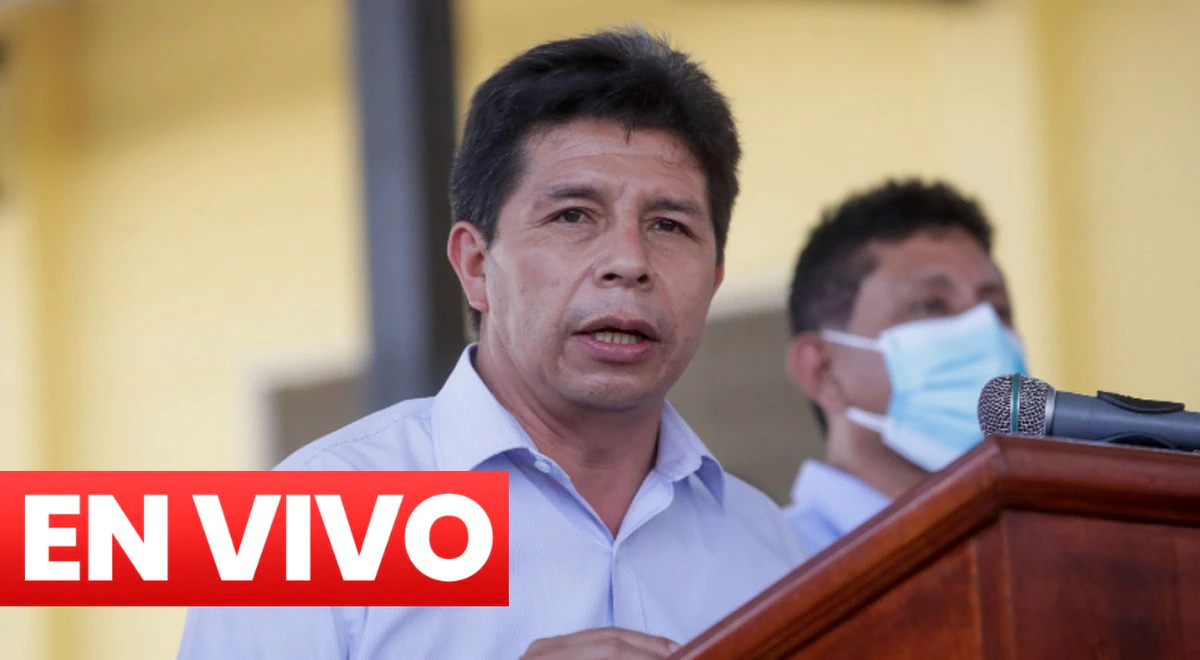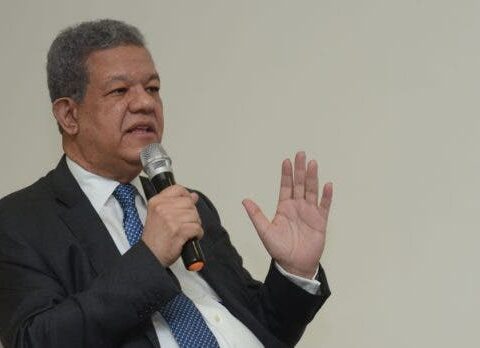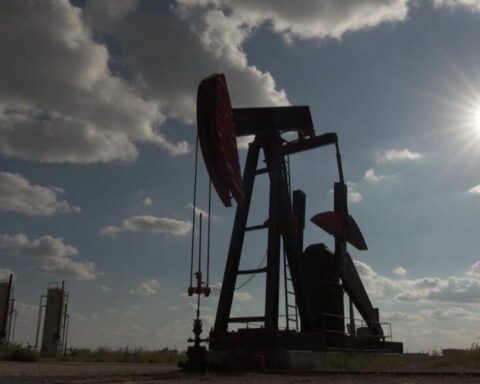The International Monetary Fund (IMF) raised by one tenth, to 2.5%, its GDP growth forecasts for Latin America and the Caribbean in 2022, while warning of the strong inflationary pressures that the region will suffer derived in part from the war being waged in Ukraine.
In his latest report on the World Economic Outlookwhich serves as an update to its forecasts from the beginning of the year, the Fund raises its forecast for inflation for this area to 11.2% in 2022, compared to 9.8% in 2021, although for 2023 it gives a break and forecasts that prices will moderate slightly and rise by 8%.
The report, released this Tuesday in the framework of the spring assembly of the IMF and the World Bank, also lowers the growth forecast of the gross domestic product (GDP) of Latin America and the Caribbean for 2023 one tenth, up to 2.5% (the same rate that he ventures for 2022), very far in both cases from the 6.8% that the economy of the area grew in 2021.
As for the two main regional economies, the report states that Mexico will grow 2% this year and 2.5% in 2023 (eight tenths and two tenths less, respectively, compared to its previous forecasts). Meanwhile, for Brazil it foresees a growth of 0.8% in 2022 and 1.4% in 2023 (five tenths more and two tenths less).
In March, the director of the IMF, Kristalina Georgieva, anticipated that the conflict in Ukraine could represent an economic opportunity for some food-exporting countries in the region given the decline in Russian and Ukrainian competition.
Despite these opportunities, the managing director of the IMF also warned of risks such as the rise in energy prices or the shortage of fertilizers, of which Russia and Belarus are major exporters, while Brazil is one of the largest importers.
He also warned that the Russian invasion of Ukraine was going to worsen the inflationary situation in Latin America due to the pressure it is generating on the price of energy, in addition to implying risks for the region’s supply.
In this regard, Georgieva recalled that the inflation in many Latin American countries it was already triggered before the war in Ukraine due to its difficulties in recovering from the recession caused by covid-19.

